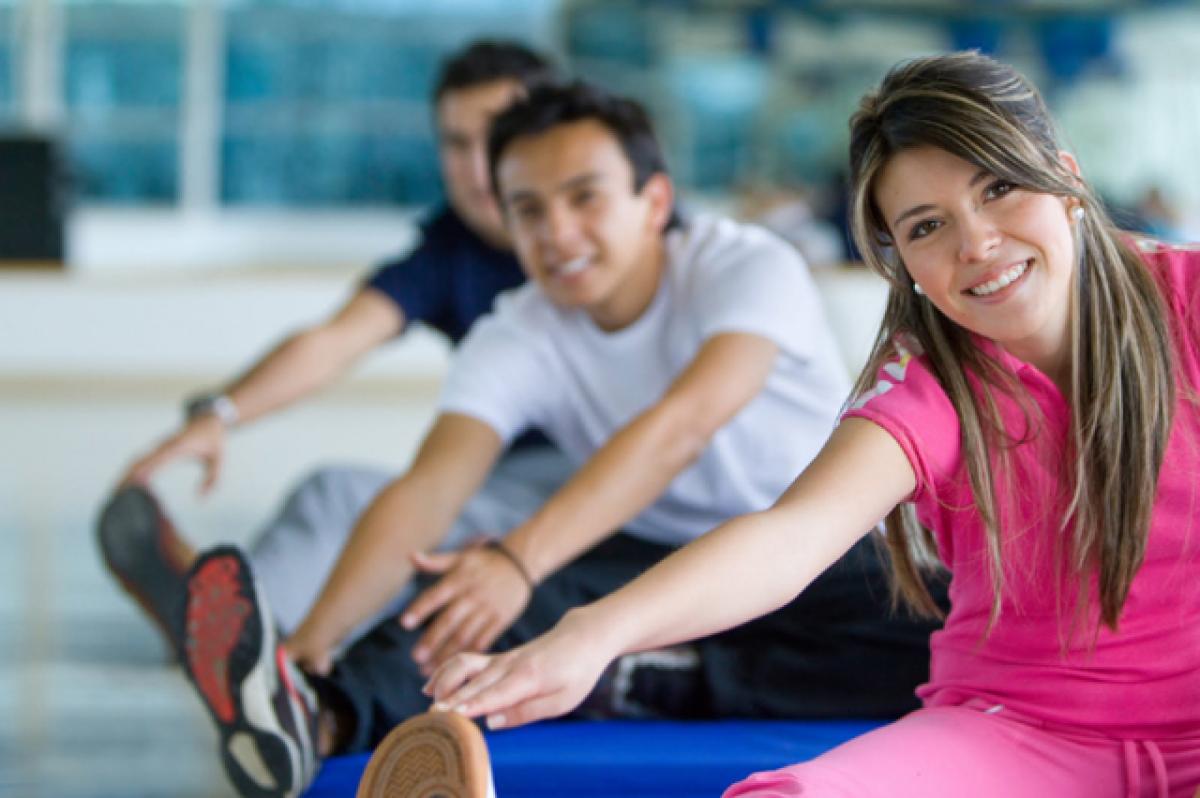Live
- ED conducts raids at two places in Bengal in chit fund case
- BJP Tamil Nadu President Expresses Confidence In Resolving Tungsten Mining Concerns In Madurai
- Karnataka Reviews Lake Safety Ahead of Monsoon: Minister Bhosaraju Tells Upper House
- Udupi MP’s queries, More key highways on high-priority
- Investing in Skills: Education Loans Paving the Way for Career Success
- Ghaggar river’s two stretches identified as polluted: Govt
- ICC chief Jay Shah meets Brisbane 2032 Olympics organising committee CEO
- Oxford Grammar High School Celebrates 44th Annual Sports Day with Grandeur
- Indian banking sector’s health remains robust, govt policy working very well: Top bankers
- iOS 18.2 Unveiled: New Features with ChatGPT Integration Revolutionize Your iPhone





.jpg)




